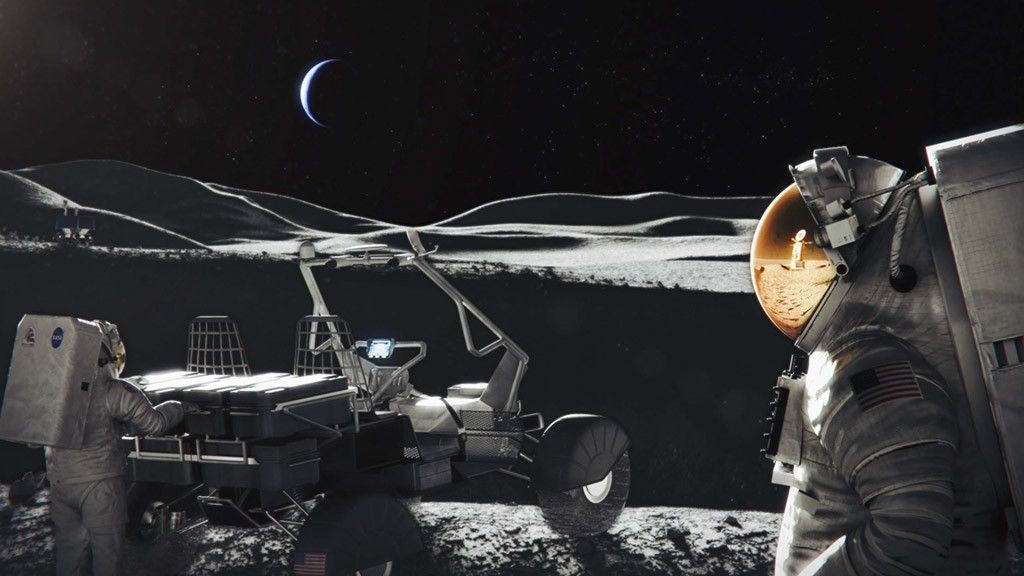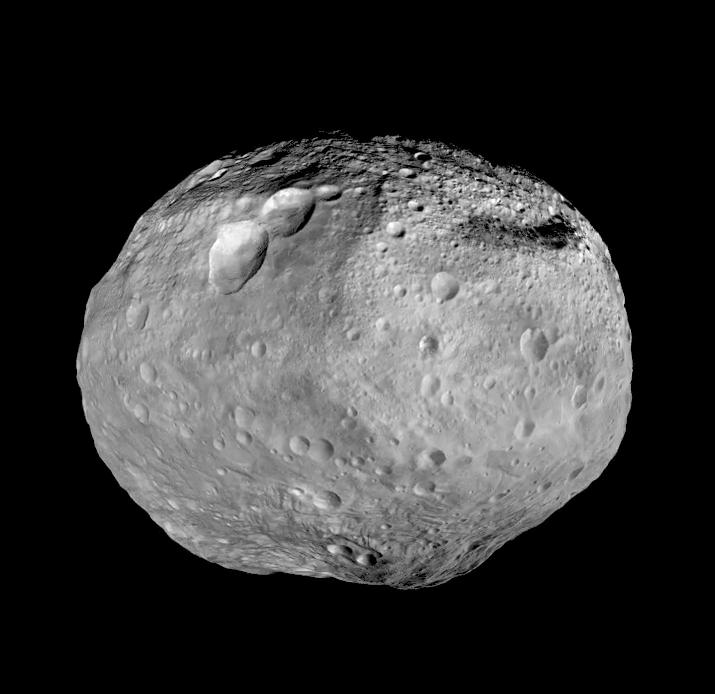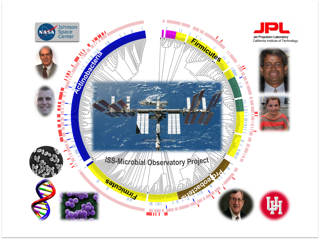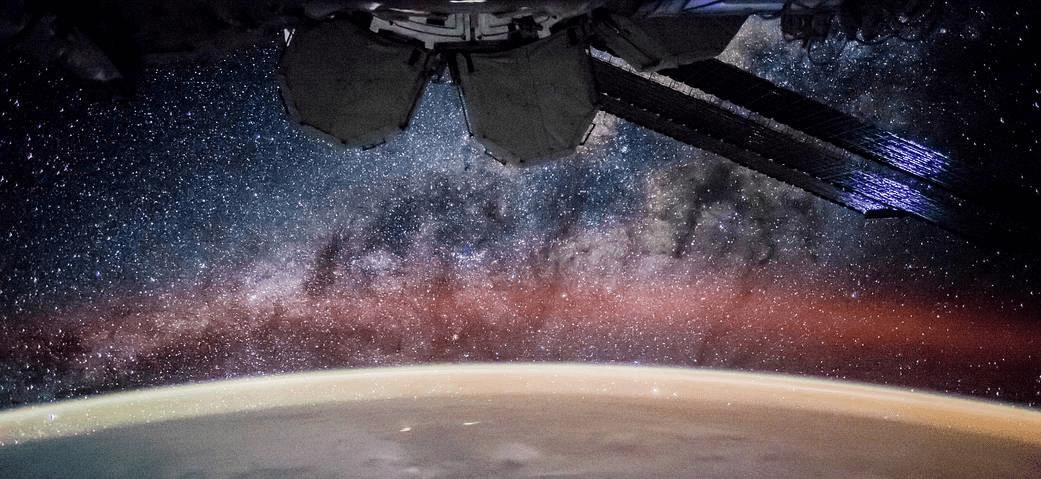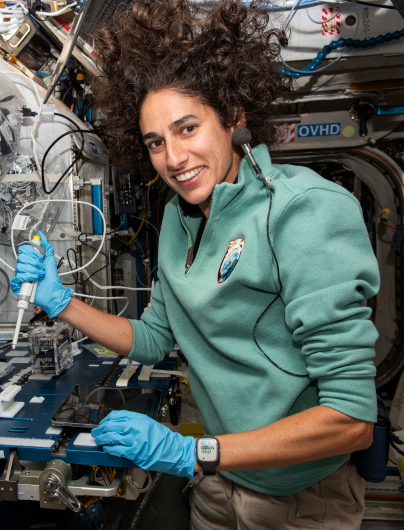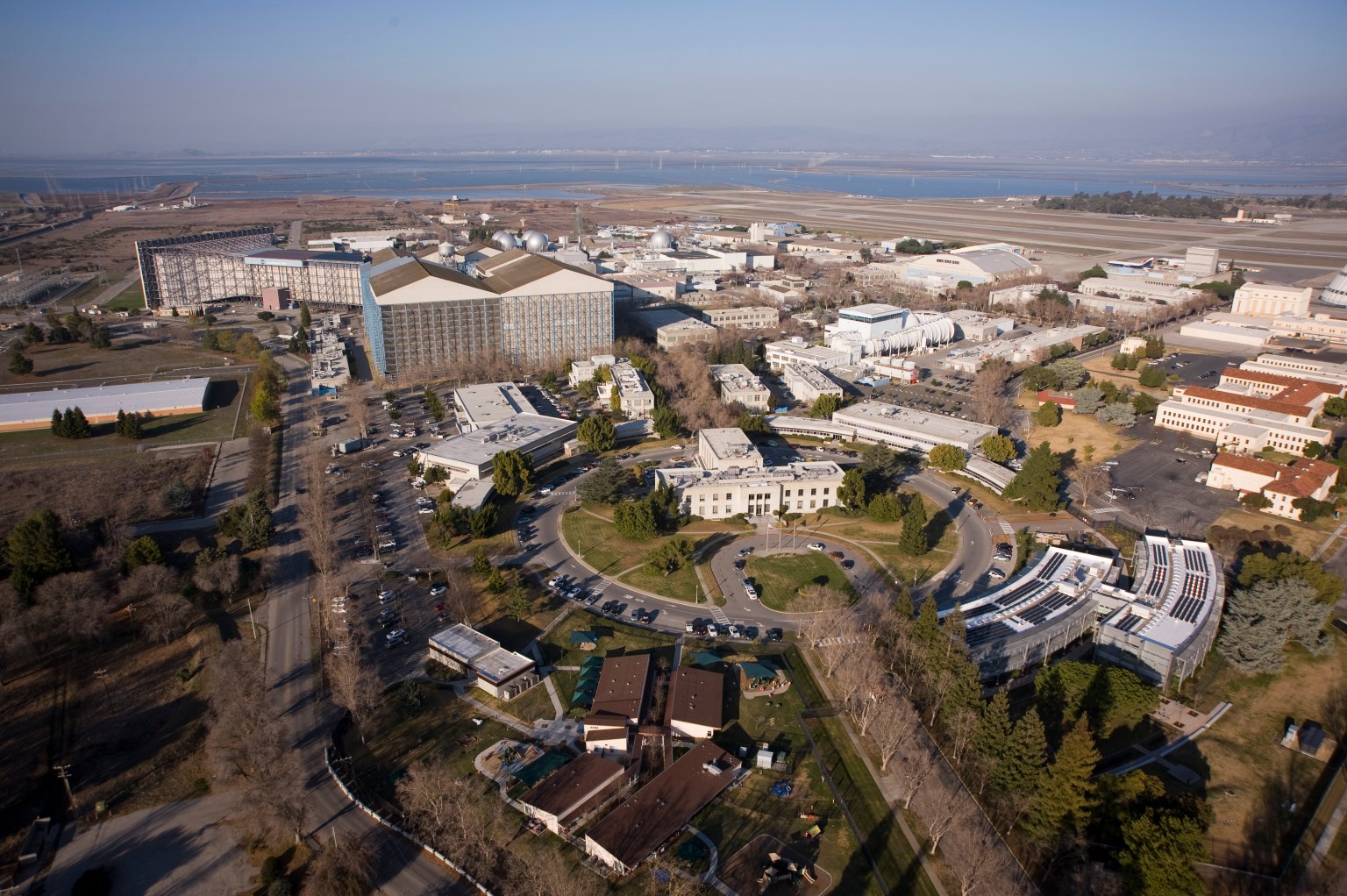Microbial Tracking-1A (SpaceX-5)
Microbial Tracking-1 is a three-part investigation that seeks to characterize airborne and surface-associated populations of microorganisms aboard the International Space Station. Conducting three separate sampling missions will allow the investigators to assess how the microbial communities aboard the station change over a period of months. The three parts of the investigation are planned to fly to the station aboard SpaceX-5, SpaceX-6, and SpaceX-8.
Currently, monitoring of the quantity and types of microorganisms aboard the space station is primarily performed by culture-based methods in which microbes are cultured—grown—in the laboratory before being analyzed. Culture-based methods are inherently limiting, since only an estimated 1-3% of microorganisms can be grown under laboratory conditions. This means only a small subset of microbial communities can be detected and studied using culture-based methods alone.
The Microbial Tracking-1 study will use culture-based and high-throughput methods of molecular analysis to analyze air and surface samples returned from the space station. The high-throughput methods complement traditional culture-based methods of microbial analysis and allow for identification of “unculturable” microbes.
Findings from the Microbial Tracking-1 study will provide NASA with tools to estimate crew health and spacecraft performance risks associated with human spaceflight and to develop countermeasures to provide mission planners and system developers with strategies for mitigating crew health and spacecraft performance risks. Data from this investigation will be made available to the scientific community through an open-access database.
Microbial Tracking-1 is supported by NASA’s Space Biology Project. Funding for Space Biology comes from the Space Life and Physical Sciences Research and Applications Division within the Human Exploration and Operations Mission Directorate at NASA Headquarters
Project Team
Project Manager: Elizabeth Pane, Space Biosciences Division, NASA Ames Research Center
Project Scientist: Fathi Karouia, Ph.D., Space Biosciences Division, NASA Ames Research Center
Principal Investigator: Kasthuri Venkateswaran, Ph.D., NASA’s Jet Propulsion Laboratory
Payload development and Implementation: NASA Ames Research Center

















